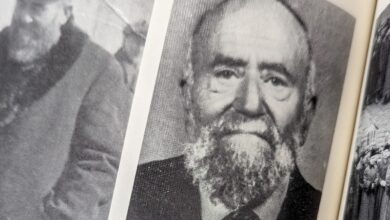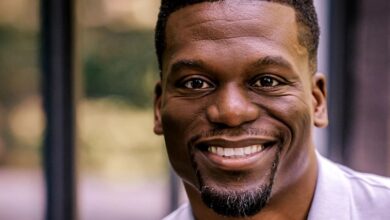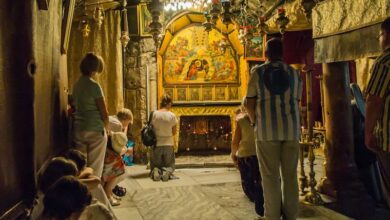Americans maintain faith in God throughout pandemic, study finds
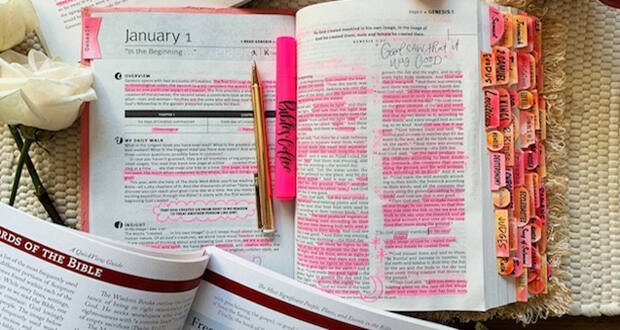
Although Americans have not been able to meet in churches for several months, their faith in God remains strong. That is one of the key findings of a recent survey by UChicago Divinity School and The APNORC Center for Public Affairs Research.
Although few are able to attend religious services in-person, many continue to pray privately in their homes, and more are watching live-streaming services than before the outbreak. And though many support allowing drive-through or in-person religious services – at least with restrictions – less than half think measures prohibiting these services violate freedom of religion.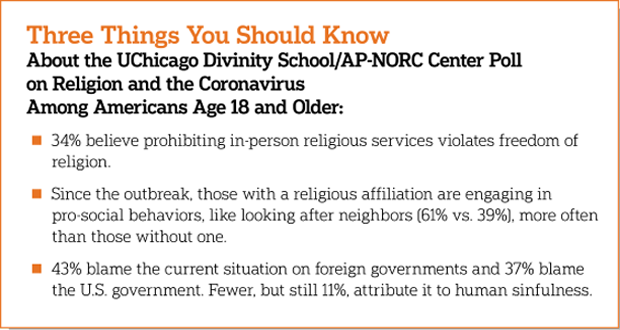
Most Americans had faith in God before the outbreak and still do. About a quarter say their faith or spirituality has strengthened because of the outbreak, and only 1 percent say it’s weakened. A majority who believe in God feel that God is telling humanity to change how it is living and that God is protecting them from being infected.
Most Americans attribute blame for the current coronavirus situation in the United States on governments, global trade and other things in nature, though one in 10 Americans attribute it to human sinfulness. The data also reveal that Americans hold nuanced views about balancing public health and safety with the protection of rights such as freedom of religion and freedom of assembly. Adults with a religious affiliation are more likely to support the protests against stay-at-home orders than those without one.
Authors of the study offered these three takeaway messages:
Thirty-four percent believe prohibiting in-person religious services violates freedom of religion.
Since the outbreak, those with a religious affiliation are engaging in pro-social behaviors, like looking after neighbors (61 percent vs. 39 percent), more often than those without one.
Forty-three percent blame the current situation on foreign governments and 37 percent blame the U.S. government. Fewer, but still 11 percent, attribute it to human sinfulness.
You can read all the poll results here.






